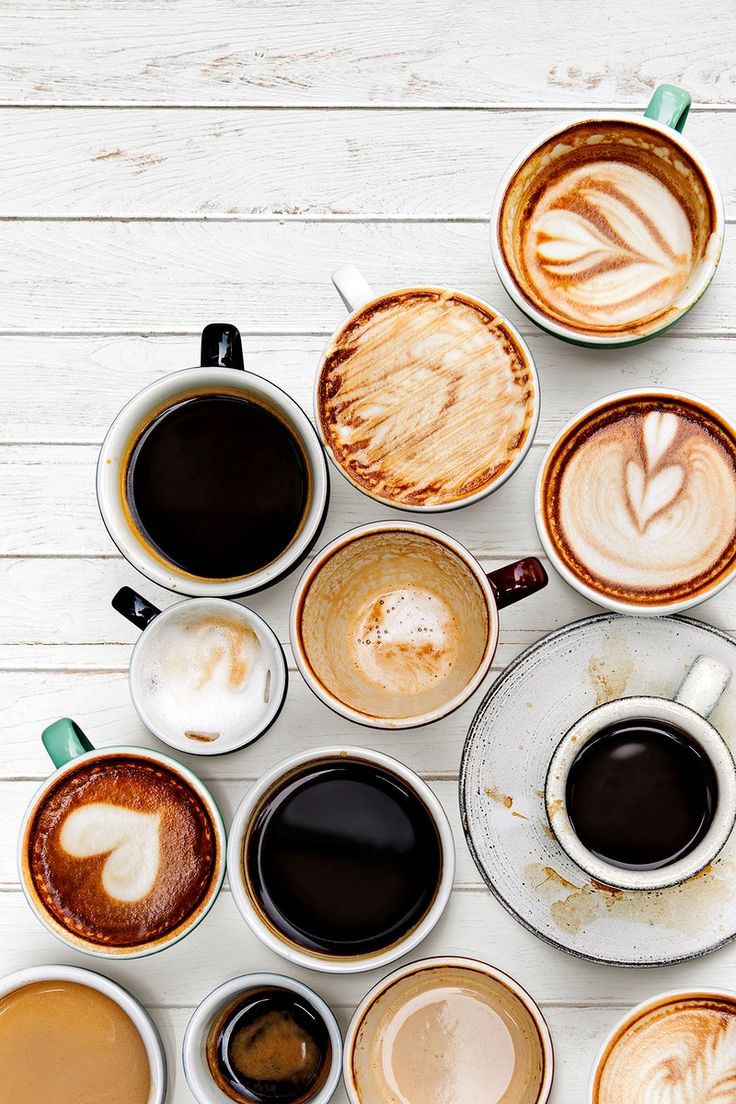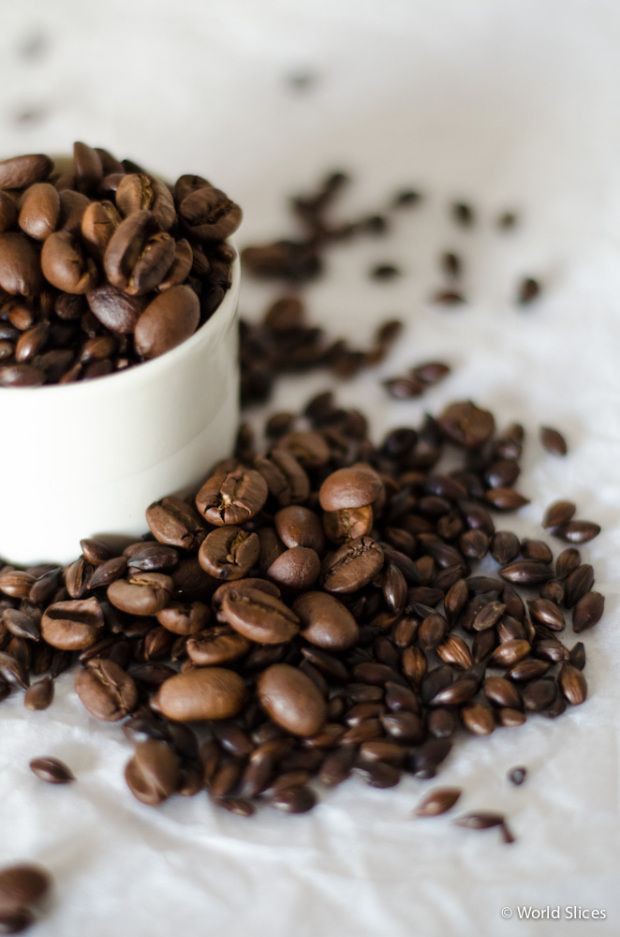Every morning, we awake with weary eyes and drowsy minds that require a jumpstart before we can get back to work and home responsibilities. Caffeine, in the form of freshly brewed coffee or a steaming cup of tea, is the finest therapy for it. We feel less drowsy and more awake after drinking our morning beverages.
Caffeine, unlike drugs, only raises a little quantity of dopamine hormone. Although it is not an addiction, our bodies may get dependent on it. As a result, we must be mindful of how much caffeine we drink each day.
Caffeine’s Effect
Caffeine’s influence might continue up to six to ten hours. According to a report, large doses of the chemical can cause digestive difficulties, anxiety, rapid heart rate, muscular disintegration, and recurrent headaches. urination, as well as tiredness.

Caffeine Reduction Strategies
Reduce the size of the cup
Another option to reduce caffeine while still enjoying our favorite beverages is to reduce the size of the cup. We can, for example, order a smaller cup of tea or coffee instead of a huge mug. It will reduce caffeine consumption while also satisfying cravings.
However, it is always a good idea to visit a healthcare professional if one begins to develop caffeine side effects or withdrawal symptoms. For some people, cutting back might be a significant lifestyle shift, and keeping a doctor informed will assist to avoid any health concerns.

Consider Other Alternatives
According to a report, one of the greatest strategies to reduce caffeine consumption is to try caffeine-free beverages. Green and black tea, for example, have a lower caffeine content than coffee.
When eight ounces (236.5 mL) of coffee is compared to green or black tea, the former contains at least 75 mg to 165 mg of caffeine. Green tea, on the other hand, contains only 25 mg of the chemical, whereas black tea contains 47 mg.

Caffeine Sources Should Be Recognized
According to study, there are up to 60 plant-based caffeine sources. As a result, recognizing the sources might help us understand how much we consume each day. It will also assist us in determining the cut points where we can lower our caffeine intake.

Combat Cravings
When our bodies get hooked on caffeine, it is tough to reduce caffeine use since cravings are unavoidable. However, a few exercises can help us resist the impulse to gulp down a huge cup of coffee or tea and concentrate on our task. Taking a few deep breaths or taking a five-minute quiet break can assist.

Keep a Track
Keeping track of how much coffee, tea, chocolate, or soda we eat in a day will help us determine if we are overdoing it or have grown reliant on the substance. The record can help us reduce the number of cups we drink while also keeping note of any withdrawal symptoms we may experience.
